Where are you living now?
I live in luxurious Middletown, Connecticut.
What was your major?
I studied Broadcast Communications where I secured an internship which led to a job with ESPN.
Where do you work now?
I work for the Connecticut General Assembly.
What is your job title and duties?
I’m a Videographer and Digital Media Specialist. I shoot and cut short docs and social media videos for State Reps. This past February we filmed and edited 34 social media videos covering a variety of legislative topics for upcoming bills on manufacturing, infrastructure development, criminal justice, quality of life, the economy, big and small business issues, worker’s rights…the list goes on. There are a lot of big bills coming up in committee and legislators want to get the word out to the public to increase civic engagement during these challenging times.
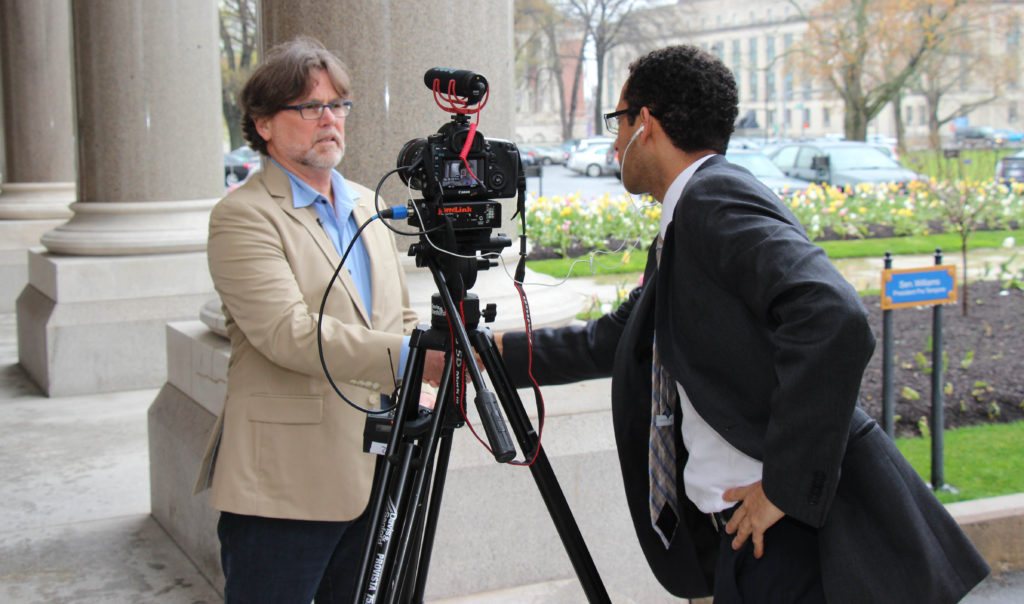
How do you like working at the Capitol?
I feel like a spectator with front row seats in a contact sport arena. The full, messy, mano a mano of state politics is a site to behold up close.
What originally brought you to MxCC?
I left a full-time job in Manhattan to learn how to make motion pictures. I took intro to art and media classes in the Broadcast Communications program and began learning the skills that led to me writing, directing and producing on two feature films.
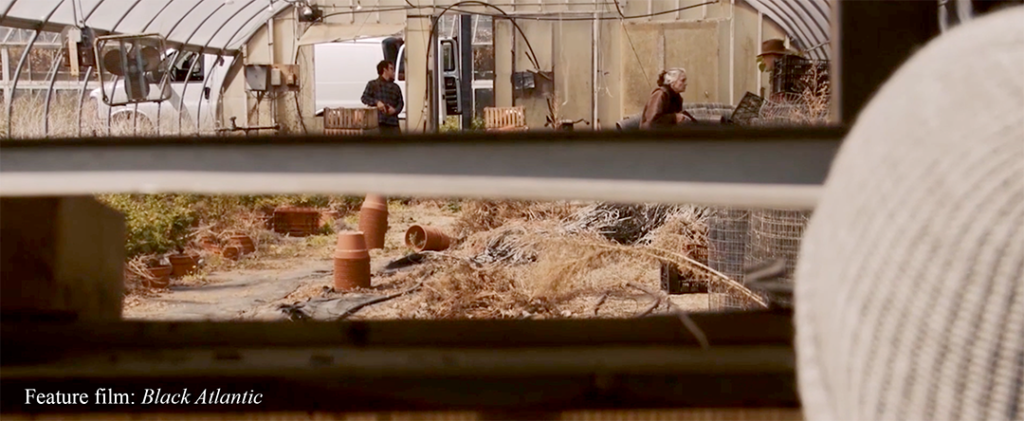
independent feature film: Black atlantic
I’m currently finishing up audio engineering on a post-apocalyptic-New Wave-Western called “Black Atlantic” and an Irish Pub Comedy called “Charlie Gorman’s Wake”. I worked with MxCC cinematographers and grips on both films. We filmed “Black Atlantic” in the beautiful Connecticut countryside and greenhouses at Pinchbeck’s Rose Farm in Guilford. We filmed most of the interiors for “Charlie Gorman’s” at a pub in Wallingford with an all Irish cast and all of the exteriors in Ireland outside of Dublin.
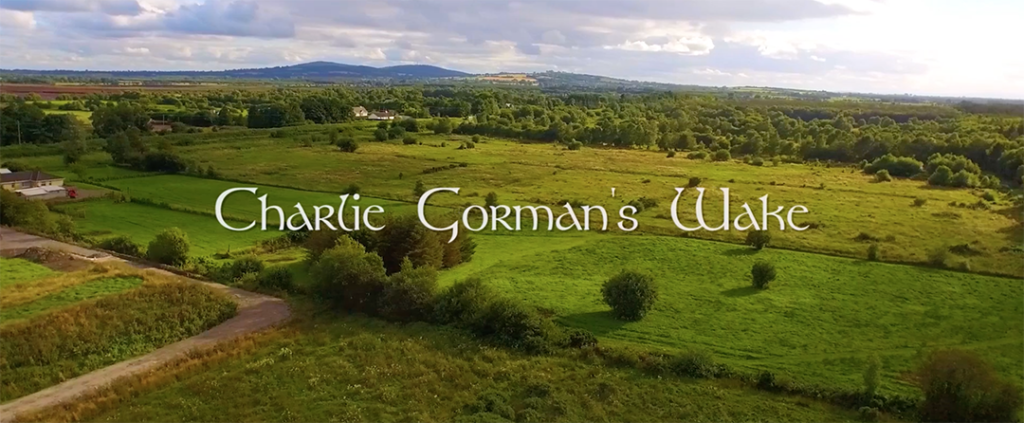
independent feature film: Charlie Gorman’s Wake
What do you think sets MXCC apart from other colleges?
MXCC has terrific facilities, loads of interesting courses and in-depth personal instruction from colorful faculty members who care about students.
What would you tell prospective students who are considering taking classes at the Center for New Media?
Try things out. There are so many opportunities in the field right now and all of the technology is converging. You literally have the world at your fingertips.
What skills did you learn at MXCC that you have been able to directly apply in your day-to-day (operations) at your job?
Composition, framing, three-point lighting, mise-en-scene, the rule of thirds, noise removal, color grading…the tools and the confidence to pursue a career in media.
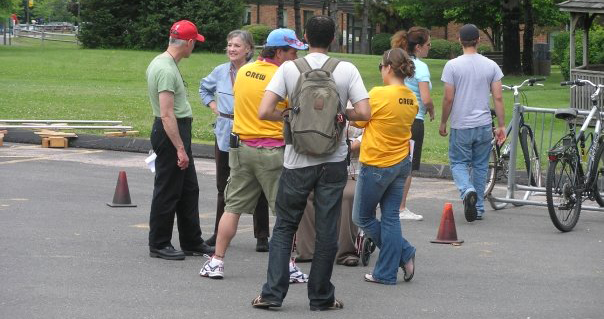
mxcc film industry program: assistant director role
What is your favorite thing about your job?
I like the access that it provides. I get opportunities to work with all sorts of different people in different positions and industries because I know how to tell a story visually so I’m always learning new things about the world.
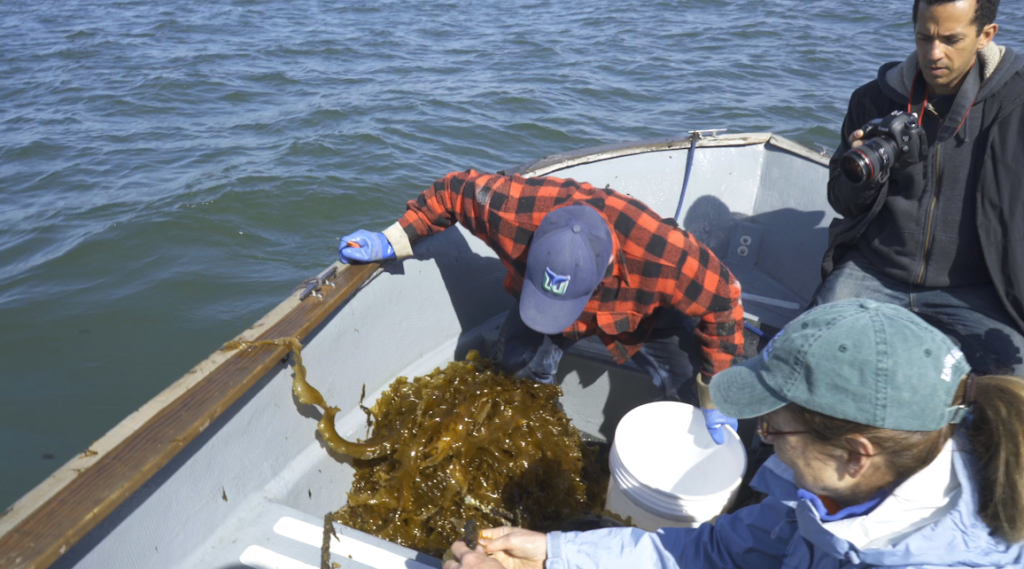
Any closing thoughts?
On the worst days, I stay up late working on scripts, looking at footage for continuity errors, trying to learn how to use new equipment and fix problems, then wake up early, pack the car and drive to a location with less-than-ideal working conditions. The technology doesn’t always work, equipment fails, people aren’t prepared. That’s when the fun begins. Within all of that, you begin to solve problems on the fly and get what you came to get. Filming is just one part of the equation. There are emails, texts and phone calls coming in from different clients and collaborators all day with their own problems and complications, budget issues, pitches for new clients, marketing and the website, social media. These days you have to be able to do everything to be competitive. Then there’s post-production where you sit and stare at all the problems you first saw on the set and begin to work around them. You have to log and capture thousands of gigabytes of footage, organize and name files, make back-ups, sync multiple camera and audio sources. Sometimes files are corrupted and lost forever. There is so much data in the new workflows that you have to be super diligent or risk losing things. Ultimately, you’re responsible for millions of 1s and 0s and if any of it gets lost you’re toast. Not only that, you have to move fast because you have clients and deadlines to meet and they don’t really want to hear about what went wrong, they only want results. On the best days, everything works the way it’s supposed to, things run smoothly and you get to see something that was once a thought in your brain play out in the real world. The wonderful thing about it is that you can tell any kind of story you want and literally see it come to life in front of your eyes.
